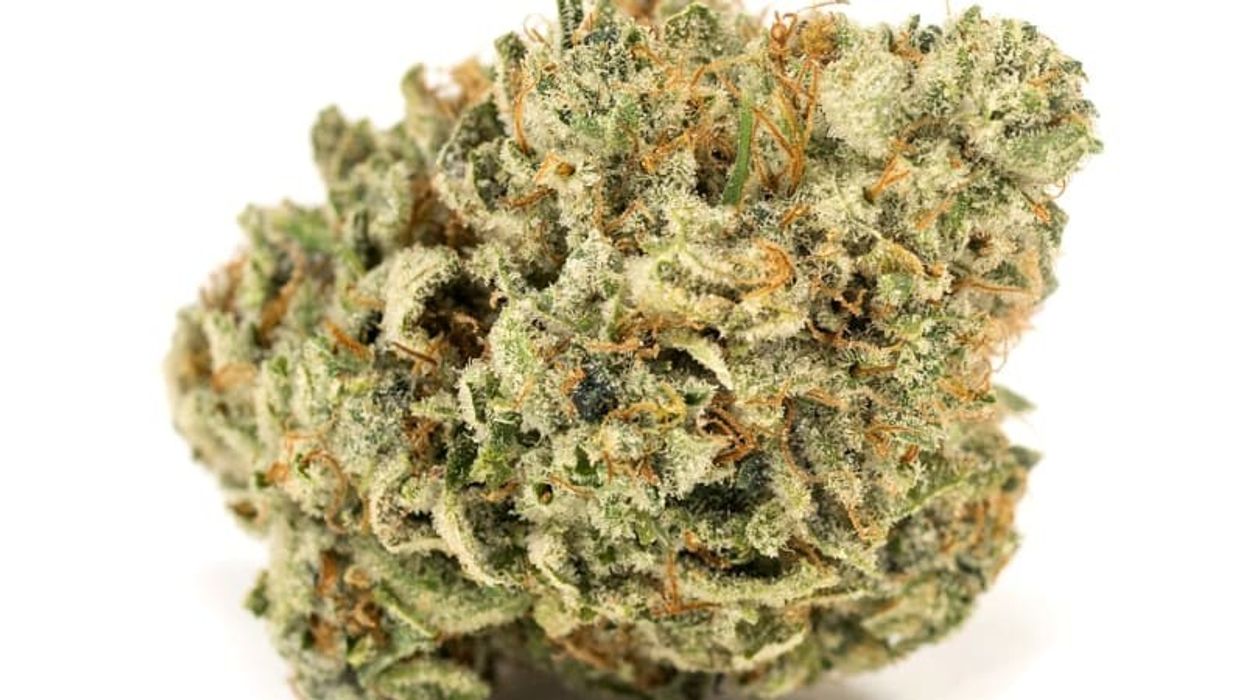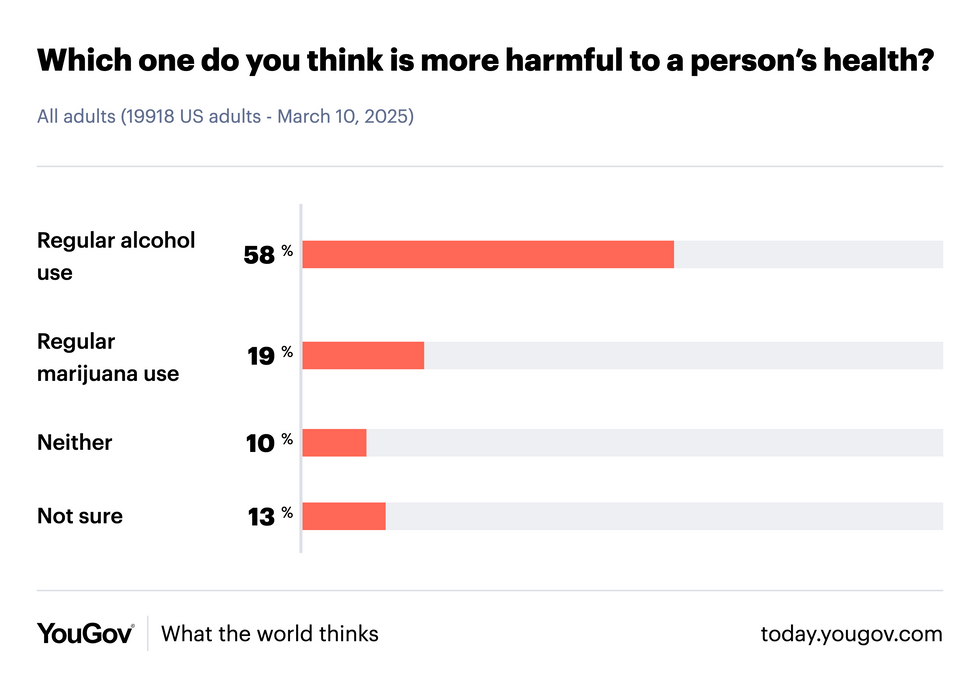The Greek government has finally given the approval for THC-rich medical cannabis cultivation and sale.
The Minister of Development Adonis Georgiadis, who is apparently now spearheading cannabis reform in the country, even issued a “mea culpa,” admitting that he and his colleagues had been wrong about cannabis in the past.
But there is an ugly catch to this story.
While the ruling politicians in Greece have decided they want to be a global supplier of medical cannabis, they have done nothing to facilitate safe medical cannabis access within their own country.
Sorting Through the Hot Mess of Medical Cannabis in Greece
Although Greece is now legally obligated by the 1961 Single Convention on Narcotics to set up a “cannabis bureau” to help guide and develop a medical program in the country, the government has yet to officially announce any official intention or plans.
Greece was obligated to do this back in 2018 when the previous ruling party SYRIZA passed a medical cannabis law, which sat dormant after the current party New Democracy (ND) took over in 2018.
For years, ND refused to budge on the medical cannabis issue, even ignoring the requests of local patient advocacy groups to meet and share concerns.
The current medical cannabis laws in Greece don’t exactly prohibit safe access in the country but are full of Catch-22 hurdles that require immediate attention.
Right now, any pharmaceutical in Greece – including medical cannabis products – must go through EOF (Greece’s regulatory body for pharmaceuticals), which functions under the Ministry of Health.
This brings us into the territory of APIs, formula panels, and stringent manufacturing certifications – expensive, complicated hoops that only the most well-prepared operators are able to navigate.
Not only are most cannabis operators unwilling or unable to meet strict pharmaceutical standards, but the current situation leaves no room for cannabis flower as a final product in Greece, and the Ministry of Health in Greece seems to be totally uninterested in the issue.
Cash is King; Patients Are Dirt?
Medical cannabis without any input from the Ministry of Health? What’s wrong with this picture?
The need for a cannabis bureau to sort these issues is greater than ever.
“This is what we’ve been lobbying for years,” says Jacqueline Poitras, founder and director of Mothers for Cannabis (MAMAKA).
“You have to set up a cannabis bureau and make it responsible for regulating cannabis on the Greek market, then operators wouldn’t have to abide by all of the regulations that are in place for pharmaceutical companies.”
Poitras has spent years advocating for safe access to medical cannabis in Greece, and the lack of progress is painful.
“Anything that is moving forward as far as regulatory changes go at the moment in Greece is being pushed by the investors, anybody who has already bought land and has gotten a permit to plant high-THC cannabis,” she says.
“That’s how this bill came about. Georgiadis is not doing this because he’s suddenly decided he loves [cannabis]. He’s doing it because there is money to be made out of cannabis.”
Poitras adds that in the committee hearing which Greek lawmakers had assembled just days before passing the new law, no representatives from the Ministry of Health were present. Additionally, the president of a Greek doctors association was invited and didn’t show up, same with the president of a pharmacy association.
“On the other hand, I got my invite at 5 p.m. on the day before the committee meeting, and I eat, sleep, and breathe everything on the cannabis issue,” Poitras notes.
“If you’re asking the president of a pharmacy association to show up, a man who knows nothing about this, and you want him to come in and have an opinion on a multipage bill, which is going to be voted on? And you give him less than 24 hours to prepare for that? I wouldn’t show up. So that’s just undermining everything.”
Greek Authorities Ignoring Lessons-Learned from Other Markets
While Greece attempts to supply other cannabis markets but not its own, they are coming to the party late and poised to repeat significant mistakes made by other markets rather than learn from them.
Deepak Anand, CEO of Materia, sees Greece making the same mistakes that Canada made. “If we’re not going to learn from the mistakes that have been made…that’s where we are being willfully blind, and I’m certainly seeing an element of that happening here.”
In addition to his experience with the rollout of cannabis in Canada, Anand has led Materia to developing cannabis operations in Malta, Germany, UK, and Denmark.
“First and foremost, it’s very important for any market to create a domestic program,” Anand says.
This should be the starting point for any country on the cannabis issue, making sure the focus and intent are in the right place. “Greece is not isolated by itself doing this, but there is a theoretical chasing of the shiny object, which is money, as opposed to Greece seeing how this would benefit people in Greece.”
Any why would a country ignore its own medical cannabis market in favor of others? What does that say about the leaders in charge and the people who put them there?
“Greece in itself has a sizable population; there are patients in Greece that are no doubt having challenges accessing cannabis for their own medical purposes, so I would encourage any regulators to create first and foremost a system within the country to be able to access medical cannabis.”
This includes, like what Germany has done, distinguishing guidelines for medical cannabis products versus incredibly expensive marketing authorizations for traditional pharmaceuticals, just as Poitras had pointed it out.
“For me, you’ve got to look in your own backyard before you can start saying you want to be a global supplier. It’s great that there are intentions to be a global supplier, but there needs to be a great deal of work done at home, so that’s the first mistake,” Anand emphasizes.
Ignoring pathways to safe access means that people will continue consuming cannabis anyways, in a quasi-legal or illegal fashion, not to mention all the potential contaminants found in unregulated cannabis products.
“If somebody’s going to tell me that there aren’t kids with epilepsy in Greece, or patients that suffer from a variety of other conditions where we’ve seen the benefits of cannabis in North America, I’m not buying it,” Anand says.
“There obviously are people who can and do benefit from cannabis, but they don’t have meaningful access, which needs to be sorted out first, and that’s how you set up a medical program.”
The other big mistake Anand sees is another huge lesson-learned from the rollout of the Canadian market, where a lot of the mass cultivation facilities failed early on.
“I would probably argue: why the need to set up monstrous cultivation facilities? We’ve seen all of them fail in Canada. What are you going to get by producing these monstrosities, when you can bring in product in a compliant fashion from places like Colombia and typical lower-cost cultivation jurisdictions that don’t have the European Union overheads that come along with it?” Anand says.
Colombia, Uruguay, Jamaica, Spain – all places that, as Anand points out, already have sophisticated cultivation facilities.
“Keep in mind, you don’t need to cultivate cannabis in Greece if it’s for medical purposes. The only eventuality where you would want to do that is if it’s recreational, and from my understanding this government has no intentions to look at recreational cannabis at this point.”
Anand also sees plenty of other issues with Greece’s new cannabis law, and on the business side has no desire to get involved with the Greek market any time soon.
The rest of Europe has already moved on, he says. “By the time Greece gets its act together, it’s going to be too late. It’s already too late,” he says, adding that Germany already has pharmacies stocking medical cannabis.
If Greece can improve its regulatory structure, different story. But Anand does not see that happening for many years.
“On the business side of things, the current regulatory structure has been set up with a very non-fostering, non-harboring perspective,” Anand says.
“I think it’s just going to make a lot of really good press headlines where people will see how so-and-so is setting up a cultivation facility in Greece because now that’s the big thing, but those that are operating in the Greek or European bubble, haven’t seen where this has gone from a Canadian perspective – and it hasn’t gone well.”
Will Greece Get Its Act Together?
Everything is at the speculative level, says Michalis Theodoropoulos, co-founder of KANNABIO Hemp Cooperative in Greece. “On the actual business or production level, there are only a handful of companies that can actually realize projects.”
Theodoropoulos is also managing director at HempKanna Consulting and co-founder of Kannalite, which deals in premium hemp CBD flower.
“If the ministry has no applications for market authorization of finished products and few applications from patients, then they see that it’s not a serious interest, and at the same time we don’t see any serious social movement that will make a change.”
Theodoropoulos explains that Greece is a “rather phobic society,” where the people still harbor a lot of stigma and knowledge gaps around cannabis.
“You can see it from the patients as well. The patients have a lot of power that they’re not exercising by any means,” he says.
Patient advocacy groups like MAMAKA make genuine efforts, Theodoropoulos continues, but not enough people are paying attention.
“You can make change with five people, but you cannot expect everything from five people,” he says. “[Greeks] prefer to delegate [power] over to a few and complain.”
For 16 years, Theodoropoulos organized an annual Athens Cannabis Protest. It was far from easy to pull off, and did it actually move the needle on this issue?
“Greece cannabis culture has long been stigmatized and forced underground with no real mainstream movement,” he explains.
“There are efforts at various levels, and there’s a very slow pace, and we are behind regarding the culture to implement.”
If Greece expects to be taken seriously, it will need to make a stronger effort and create a better regulatory framework, he says.
Theodoropoulos is hopeful that the recent legislative changes lead to progress, and he’s also aware of the caveats, which everyone ought to heed.
“Now the legislation does not provide any excuse for companies not to invest. It is a strict framework, but it is feasible,” he says. “You need a lot of money to be competitive and to have the proper facilities, but the serious players can come in and start working.”
At the same time, he says, patients and doctors need help to get organized in order to achieve better results and more progress.
Are you still missing out on The Bluntness newsletter? Sign Up today to stay in the loop.







 Cigar smoking in a bar....
Cigar smoking in a bar....  Movie theater as consumption space? Not a bad idea.....
Movie theater as consumption space? Not a bad idea..... 






 DEA prohibited from randomly searching passengers at airports and other transport hubs - The Bluntness
commons.wikimedia.org
DEA prohibited from randomly searching passengers at airports and other transport hubs - The Bluntness
commons.wikimedia.org

 FDA Approves Landmark Cannabis for PTSD in Veterans - The Bluntness
Photo by Wesley Tingey on Unsplash
FDA Approves Landmark Cannabis for PTSD in Veterans - The Bluntness
Photo by Wesley Tingey on Unsplash

 YouGov survey results - alcohol vs. marijuana
YouGov survey results - alcohol vs. marijuana  Weed’s Image Glow-Up Is Real
Photo by
Weed’s Image Glow-Up Is Real
Photo by 
 Cannabis and Aging: A Groundbreaking Study Challenges Long-Held Beliefs
Photo by
Cannabis and Aging: A Groundbreaking Study Challenges Long-Held Beliefs
Photo by  Cannabis and Aging: A Groundbreaking Study Challenges Long-Held Beliefs
Photo by
Cannabis and Aging: A Groundbreaking Study Challenges Long-Held Beliefs
Photo by